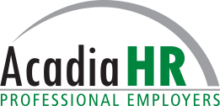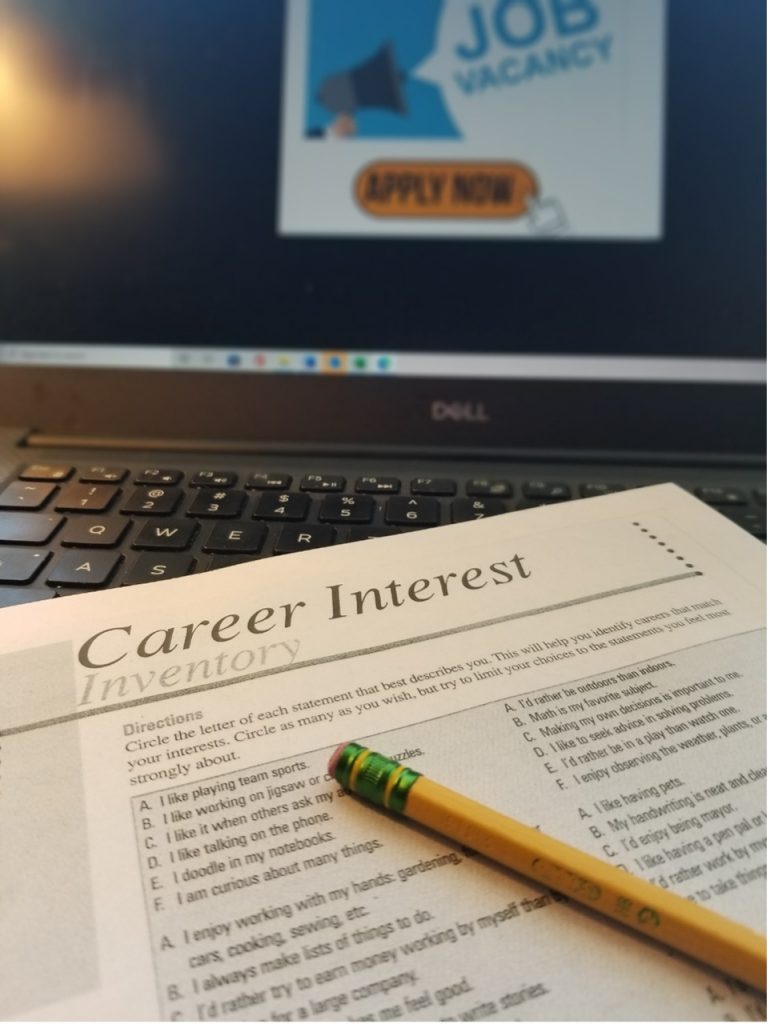Whether you’re a 16-year-old high school student working your first job or a 20-year-old living at home because college was too expensive or too time consuming, you’ve probably been told by family, friends, and social media that success in employment comes with a college degree. And statistically, they are correct. According to the Bureau of Labor Statistics (BLS), bachelor’s degree recipients earn 49% more than those with some college or no degree.
But even with the wide accessibility of online degree programs, college is very time consuming and increasingly expensive. In fact, researchers at CollegeBoard.org found that for 2020-21, inflation-adjusted tuition and fees at private non-profit four-year and public two-year institutions were more than double the cost in 1990-91. For public four-year institutions, the cost nearly tripled.
College degrees are undeniably a great investment for many. Lawyers, physicians, rocket scientists, engineers, and scientists, to name a few, learn their specialized skills through PhDs or other advanced professional degrees, and society is grateful they do. But for the rest of us, is college necessary to achieve success? Indeed not.
Some very talented people you know never finished college before finding success: Facebook CEO Mark Zuckerberg, Actor Tom Hanks, NBA star LeBron James, Culinary TV star Rachael Ray, Def Jam Recordings Co-founder Russell Simmons, Comedian show host Ellen DeGeneres, and, of course, Dell Technologies CEO Michael Dell and Apple Computer Co-founder Steve Jobs. Oprah Winfrey left college early to begin her hugely successful career and returned 16 years later to complete her bachelor’s degree.
What do these celebrities have in common? Gifted talent, passion, and drive to succeed. They learned their crafts by pouring themselves into their professions, never gave up, and never quit learning. In each of their cases, the learning occurred outside the classroom.
If you know what career path you want to pursue and have the resources available to pay for higher education expenses, you are in the fortunate minority. Chances are you’re like most young adults who don’t know what they want or how to get there. So here are a few tips.
- Don’t do nothing.
- If you’re still in high school, finish your diploma. Utilize Guidance Office resources such as career interest inventories to point you to paths you may not have previously considered.
- If you’ve got your diploma, identify your career interests through community centers, non-profit employment agencies, and free online services. Seek employment at a business that does something you’re interested in – even if you start in the mail room or as an assistant to an apprentice. Look at company benefits to see if tuition reimbursement is offered. It is estimated that 60 percent of US employers offer some form of tuition assistance (TA), but fewer than 5 percent of employees use the benefit! Utilize TA to take college courses that will lead to a degree in a profession you’re interested in.
- Consider joining the military. If you have a passion to serve in the U.S. Armed Forces and meet the requirements for joining, you may enjoy the travel, on-the-job (OJT) training, life-experience, and world-class educational benefits through the Post 9/11 Montgomery G.I. Bill.
- Passionate about service, but the military is not for you? Consider joining a service organization such as the Peace Corps, Americorps, or International Volunteer HQ (IVHQ), or join a faith-based mission through your church, synagogue, mosque, or temple.
- Develop a marketable skill. Utilize your talents, passion, and drive to start a business to promote and sell your product or service. The Small Business Administration (SBA) and local Chamber of Commerce are great resources for getting started on incorporating your business.
- If you have a knack for fixing or creating things, career opportunities are plentiful. The skilled trades are experiencing a significant workforce shortage, and technical/trade schools are a great resource for the education and OJT needed to fill those vacancies. Whether your interest is in plumbing, mechanics, electrical, automotive, aviation, digital media, computer technology, welding, construction, or any other technical career, look for an abundance of well-paying jobs in these fields for years to come.
As you take time to think about what the world has in store for you professionally, just remember that at the end of the day, you don’t need a college degree to find success. It is true that having one can help you achieve higher compensation and career progression, but college may be a long-term goal for you, if at all. In either case, as your future employer, we are thankful that you are taking steps to be thoughtful and proactive in your career selection and growth, and we look forward to having you on our team!
Acadia HR has been helping businesses locally and nationally since 1989 by delivering tools and resources to build efficiencies in their clients through personal, customized service. For more information on outsourcing options, please call 845.876.1987 or email sa***@******HR.com.

